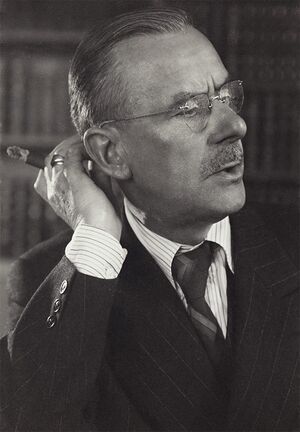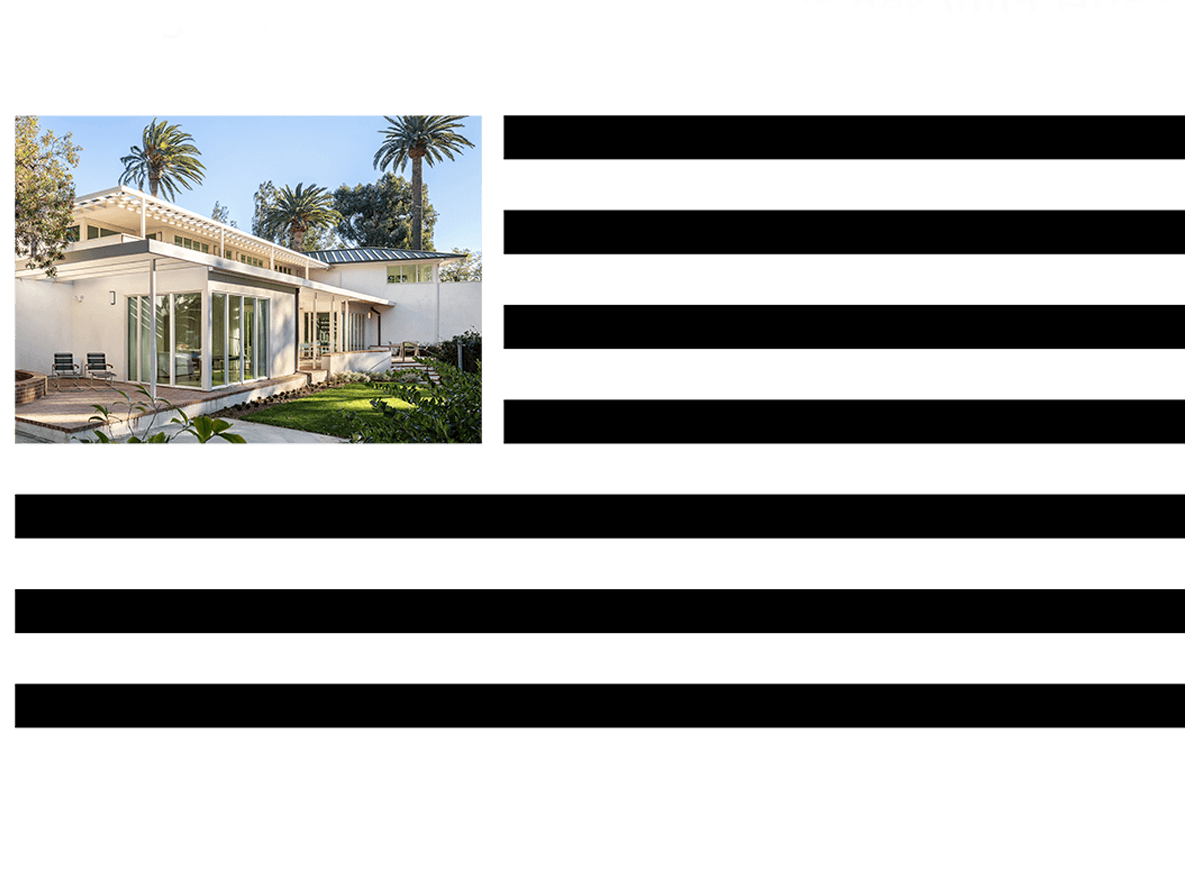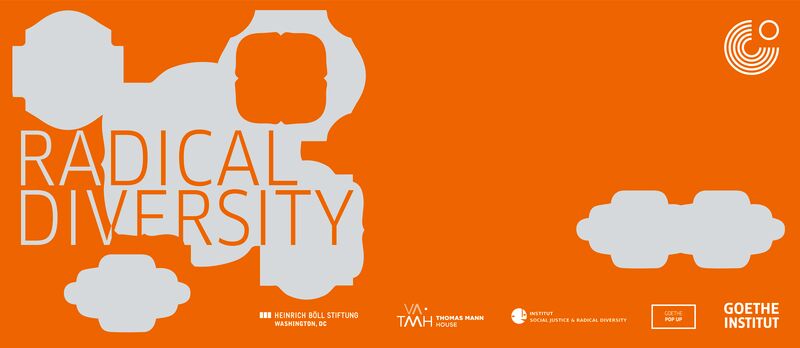Thomas Mann House Events Archive
August 2020
Exhibition: Thomas Mann »DEMOCRACY WILL WIN!«
Stiftung Buch-, Medien- und Literaturhaus München (Salvatorplatz 1, 80333 München)

Information
»Es ist mit der Selbstverständlichkeit der Demokratie in aller Welt eine zweifelhafte Sache geworden. Es ist die Stunde gekommen […] für eine Selbstbesinnung der Demokratie, für ihre Wiedererinnerung, Wiedererörterung und Bewußtmachung – mit einem Wort: für ihre Erneuerung im Gedanken und im Gefühl.« - THOMAS MANN: VOM ZUKÜNFTIGEN SIEG DER DEMOKRATIE, 1938
We are currently seeing the fundamental values of democracy being called into question. Populism and nationalism are placing democratic societies under massive pressure. The exhibition " Thomas Mann: Democracy will win!" of the Literaturhaus München represents a concrete contribution to the current debate about our democracy. It is intended to contribute to its "recollection, reconsideration and reawakening", to the "renewal of democracy in thought and feeling".
*Euro 7.- / 5.-
STUDENT SPECIAL: On Mondays students pay only 2 Euros
Partners
A cooperation with LITERATURHAUS MÜNCHEN. Supported by the German Federal Foreign Office.
Salon am Hügel: Auf den Palisaden
Online

Information
As part of the event series "Salon am Hügel", artist Thomas Demand and FAZ columnist and author Andreas Platthaus will meet at Villa Hügel on August 20 at 6 pm. The joint event of the Alfried Krupp von Bohlen und Halbach Foundation and the Thomas Mann House will be broadcast in a live stream.
Platthaus and Demand will talk about Thomas Mann's influence on their artistic activities, about their perception of America and Trump, houses as a subject and much more. The discussion will be accompanied by a reading from Andreas Platthaus' new book, which he wrote during his stay at the Thomas Mann House in Los Angeles in 2019. The book, entitled "On the Palisades", was initially written in the form of a daily blog reflecting Platthaus' encounters and impressions as a Thomas Mann Fellow. For the photo artist Thomas Demand, who lives and works in Los Angeles, houses and places play a central role.
Find more information and our live stream at www.krupp-stiftung.de/salonamhuegel
Participants
Andreas Platthaus has been editor of the feature section of the Frankfurter Allgemeine Zeitung since 1997 and is currently head of the department "Literature and Literary Life". In 2017 he was appointed Chevalier des Arts et des Lettres by the French Republic. During his fellowship at Thomas Mann House, Platthaus worked primarily on research for his new book about the Bauhaus in exile.
Thomas Demand is known for his large-format photographs. By creating three-dimensional, mostly life-size models from paper and cardboard of places, whose themes often refer to found images from the mass media, and by photographing the resulting sceneries, he creates his very own artifacts that play with the viewer's ideas of fiction and reality. His works are represented in numerous museums and collections, including the Museum of Modern Art, New York, the Guggenheim Museum, New York, and the Tate Modern, London.
Partner
An event of the Alfried Krupp von Bohlen und Halbach Foundation and Thomas Mann House.
The Thomas Mann Fellowships are supported by the Berthold Leibinger Stiftung, the Robert Bosch Stiftung and the Alfried Krupp von Bohlen und Halbach-Stiftung.
Radical Diversity: Discussion Series with Mohamed Amjahid and Max Czollek
Online

Information

Mohamed Amjahid and Max Czollek will engage in a conversation with guests in the U.S. about strategies for a more open, diverse and just society in Germany and the U.S. Thomas Mann Fellow and author Mohamed Amjahid and poet and publicist Max Czollek talk about political activism and diversity. In their work, they discuss the politics of history in the discourse on integration in both countries and raise the question: How is social diversity expressed in politics and art in both countries? What are counter-concepts to white, hegemonic culture?
The first guest in the series is Priscilla Layne, one of the pioneers of Black German Studies and a Professor at the University of North Carolina at Chapel Hill.
Participants
Mohamed Amjahid was born as the son of so-called guest workers in Frankfurt am Main. He studied political science in Berlin and Cairo and conducted research on various anthropological projects in North Africa. During his studies, he worked as a journalist for taz, Frankfurter Rundschau and Deutschlandfunk. He has worked as a political reporter for the weekly newspaper Die Zeit and the Zeit Magazin. Anthropologically and journalistically, he focuses on human rights, equality and upheaval in the US, Europe, the Middle East and North Africa. Mohamed Amjahid is a 2020 Thomas Mann fellow.
Dr. Max Czollek was born in Berlin in 1987, where he still lives and works today. In 2012, he received a degree in political science from the Technical University of Berlin (Technische Universität Berlin). In 2016, he completed his doctorate studies at the Center for Research on Antisemitism (Zentrum für Antisemitismusforschung, ZfA), also at the same Technical University. Since 2009, Czollek has been a member of poetry collective G13, which has published books and organized lectures.
Priscilla Layne is Professor of German and African American Diaspora Studies at the University of North Carolina at Chapel Hill. Her publications deal with the themes of "Blackness" in German film, protest movements in the post-war period and Turkish-German culture. She is the author of "White Rebels in Black: German Appropriation of African American Culture", which was published by the University of Michigan Press in 2018. She is currently working on a monograph on Afro-German Afrofuturism.
Partners
"Radical Diversity" is presented by the Goethe Institutes in North America in cooperation with Thomas Mann House, the Institute for Social Justice & Radical Diversity, funded by the Heinrich Böll Foundation North America.








